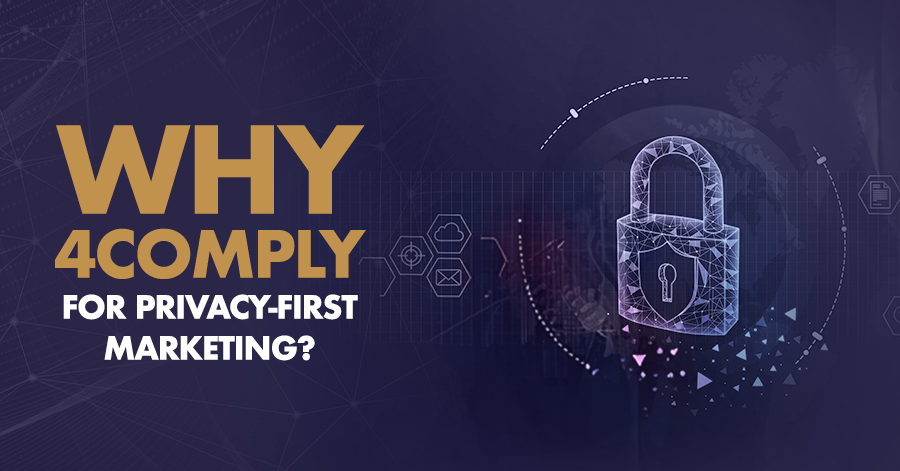A Marketer’s Guide to Data Privacy: Understanding Legitimate Interest


Your marketing team is responsible for handling customers’ personal data responsibly and ethically. But this goes beyond security safeguards and respecting privacy. Many privacy regulations stipulate that organizations provide a legal basis for processing personal data. This can be as simple as a consent checkbox on a submitted form. However, most laws also allow for a more indirect approach to establishing a legal basis for data processing. One particular legal basis appears in several of these laws, though its name is specific to the GDPR: legitimate interest.
What is Legitimate Interest?
In essence, legitimate interest allows organizations to process collected personal data when necessary for their legitimate purposes, as long as these purposes do not infringe upon an individual’s rights and interests. These purposes can encompass various activities, such as direct marketing, fraud prevention, or risk management. However, it is vital to be mindful of the potential privacy impact on the individual and ensure that their data usage aligns with their reasonable expectations.
The Importance of a Legitimate Interest Assessment (LIA)
Before relying on legitimate interest as the legal basis for processing personal data, organizations should conduct a thorough Legitimate Interest Assessment (LIA) consisting of three key components:
- Purpose test: This test evaluates whether processing the data is necessary for a specific purpose that serves the legitimate interests of the organization or a third party.
- Necessity test: This determines whether alternative, less privacy-intrusive methods exist to achieve the same purpose.
- Balancing test: This critical step weighs the organization’s legitimate interests against the potential impact on the individual’s rights and preferences.
It’s also important to maintain detailed LIA records to prove when they took place and the results of each test.
The Limitations of Legitimate Interest
While legitimate interest offers flexibility in data processing, it doesn’t give blanket permission to use personal data in any manner. There are limitations to consider:
- Sensitive data: Legitimate interest cannot be used to process sensitive data, such as health information or other highly personal details.
- Large-scale profiling: It should not be employed for large-scale profiling of individuals without their explicit consent.
- Individual objects: If an individual objects to the processing based on legitimate interest, the organization must demonstrate that its legitimate interests outweigh the individual’s preferences.
Businesses must also maintain transparency in their dealings with data subjects regarding processing activities based on legitimate interests. This involves providing clear and concise information about the processing, the legitimate interests pursued, and the data subject’s rights, including the right to object.

Legitimate Interest in Action
For example, imagine that your company is hiring for an open position and interviewing multiple candidates. Your hiring manager decides that one candidate in particular isn’t a good fit for this specific position. However, the hiring manager believes that this candidate could be a valuable hire for another position that may open up later on. In this case, keeping this candidate’s information on file for potential future interviews is considered legitimate interest.
Legitimate interest applies here for two primary reasons. First and foremost, the candidate offered their information freely when they agreed to an interview. Secondly, keeping the data for longer than normal benefits both the candidate and the company. The candidate knows that they may be contacted in the future for a job opportunity. The company knows that should a position open up, they have someone they can contact immediately. Both sides get something out of it.
Legitimate Interest in Marketing
Legitimate interest offers a valuable strategy for handling personal data, granting marketers flexibility while ensuring individual privacy. However, this flexibility comes with increased responsibility. To navigate the complexities of legitimate interest effectively, organizations should be transparent, conduct thorough LIAs, and always seek expert advice when uncertain about its applicability.
At 4Thought Marketing, we understand the challenges of privacy compliance in today’s landscape. That’s why we offer innovative solutions like 4Comply, our privacy compliance software, to help marketing teams maximize marketing while maintaining compliance and protecting their customers’ data. If you want to learn more about how 4Comply can assist you with legitimate interest and other privacy-related matters, contact us today. Your data protection journey starts here.



